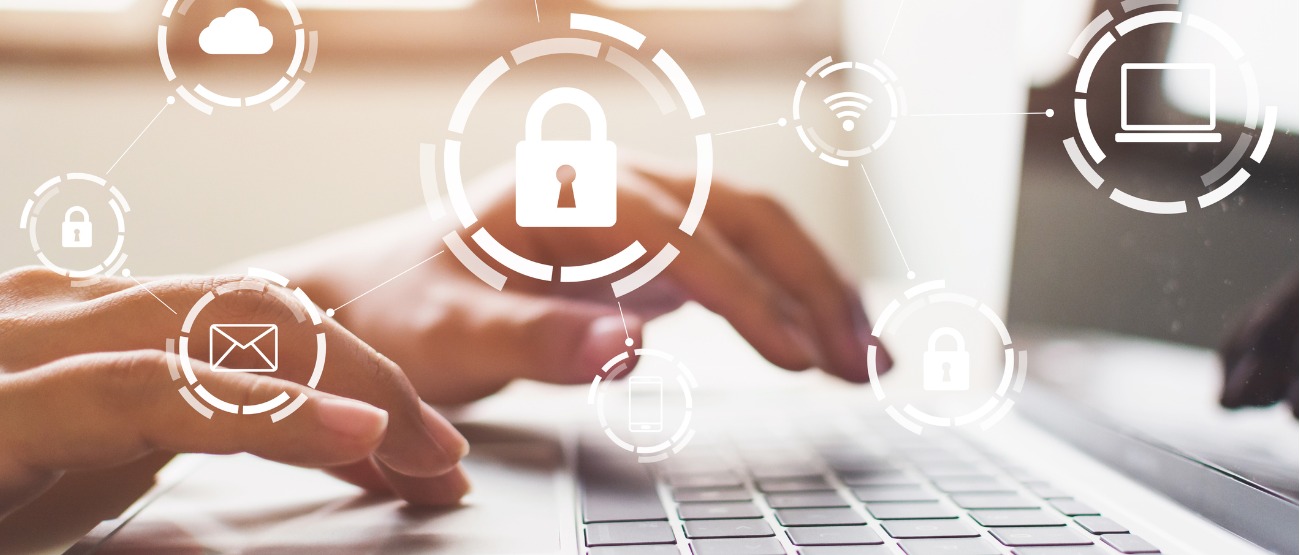FRAUD PREVENTION
Common Scams to Be Aware of
Scams take on many tactics, but most always prey on people's emotions as that is when we are most vulnerable. Be aware of some common types of scams so you and your loved ones aren't the next victims.
Phishing Scams
Phishing scams come in all shapes and sizes but have one thing in common - they lure unsuspecting victims into sharing their personal information. Fraudsters have become experts at creating official looking emails from recognizable banks, utility companies, and Medicare. People often click through the links sent in the email to “verify their account information” or “update their payment method” and enter personal details that allow scammers full access to their financial accounts.
Imposter Scams
Imposter scams often begin with a call, text message, or email. The scammer pretends to be someone you trust, maybe a police officer, the IRS, a bank representative, or even a family member– to convince you to send them money or share personal information. Scammers will come up with an urgent and convincing story - like you owe back taxes or a relative is sick or in trouble - anything to get you to share your information or send money.
They often ask you to wire money, put money on a gift card, or send cryptocurrency, knowing these types of payments can be hard to reverse.
Don't act fast:
- Hang Up
- Look Up (the known number).
- Call Back
Charity Scams
Fake charities often pop up in the wake of natural disasters, war. and other major events, though they can pose as legitimate charities. Charity fraud is a double tragedy because you are cheated out of your money, as are the people you intended to help. Don’t just respond to random solicitations on social media or via email. Do your research to find a legitimate organization to donate to by checking out the sites below.
Fake Check Scams
In this scam, a fraudster will send you a check and ask you to send some of the money back for various reasons - maybe they say they overpaid or say you need to pay taxes. Whatever, the case - this is a scam and this is how it works:
- It is a law that banks have to make deposited funds available within days.
- But uncovering a fake check can take weeks.
- So if you fall victim to a fake check scam and send money back to the fraudster, by the time the bad check is uncovered, the scammer has your money. Remember — just because the check has “cleared” does not mean it is good.
Romance Scams
Romance scams have increased over the last few years with the rise of social media and dating apps. According to the National Academies of Sciences, Engineering, and Medicine over one third of adults over the age of 45 reports feeling lonely. Fake dating profiles attract victims of all ages and skillfully engages them in meaningful conversation to create trusting relationships. Once a relationship is established online, the fraudsters convince their victims to provide financial assistance. Some scams include using the victim as an unwitting money mule to launder funds from illegal activities while others simply offer to plan a wedding and disappear with the money.
Computer Repair Scams
In this type of scam, fraudsters contact people - often targeting seniors who are not as tech-savvy to "patch a security breach" or "update software on the senior’s computer or phone." The scammer convinces the victim to allow them access to their device via a remote connection that looks like a Zoom call. Thinking they will be at risk if they don’t fix the computer problem, victims grant access to their devices and unknowingly allow the scammer full access to their files and keystrokes.
Fake Grandchildren Scams
When a senior answers the phone and hears “Hi Grandma!” their first instinct is not to question the caller’s identity. From phone calls to email, scammers are posing as grandchildren to convince seniors that they need financial assistance. By appearing in distress, fraudsters are convincing seniors to send money quickly to help them out of an emergency situation.
COVID Scams
COVID-related scams peaked when vaccination appointments first became available. Scammers would contact members of the elderly population offering vaccination appointments for a fee. Victims would give their personal information online or over the phone, desperate to get a vaccination appointment and unaware that it was a scam. COVID scams continue to be a problem for seniors with emails promising at home COVID tests and vaccination booster appointments in Virginia and North Carolina.
Top 4 Tips to Avoid Getting Scammed
- Deny requests for a password. We'll never call you and ask for your AMNB account password to verify your account. Only scammers will.
- Don't act too fast. Scammers will typically use high-urgency language and pressure tactics to get you to act.
- Call us directly. If someone calls you, even if they say they are from American National. Hang up and call us at 1-800.240.8190 so you know who you are speaking to.
- Stay aware. Fraudsters are constantly finding new ways to cheat you out of your money. And keep in mind, if sounds too good to be true, it probably is.

